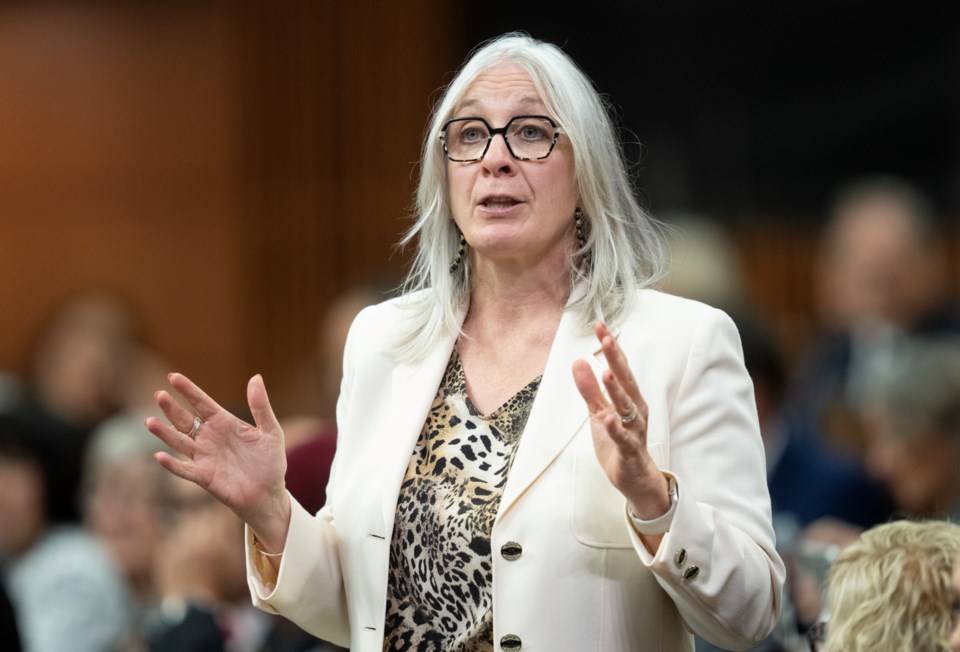EDITOR’S NOTE: This article originally appeared on The Trillium, a Village Media website devoted exclusively to covering provincial politics at Queen’s Park
Indigenous Services Minister Patty Hajdu is promising to review a recently failed Assembly of First Nations (AFN) resolution “and determine next steps” in Ottawa’s push to reform child and family services.
Hajdu’s comments come a week after chiefs rejected a proposal endorsing a $47.8 billion settlement agreement on First Nations child and family services, a deal originally reached between the AFN, Ottawa, Chiefs of Ontario and Nishnawbe Aski Nation. This followed a lengthy legal battle over the federal government’s failure to adequately fund child welfare services on reserve.
The funding would have been funnelled to First Nation child welfare agencies over 10 years, although it wouldn’t apply to children or agencies located off-reserve.
But the result of the AFN vote means the government must now head back to the drawing board.
“We are disappointed by this outcome but remain committed to the reform of the First Nations child and family services program,” Hajdu said in a statement.
Her sentiment was echoed by AFN national chief Cindy Woodhouse Nepinak, who closed out last week’s event by telling chiefs she is “not threatened by different opinions” because she shares their “common belief.”
“While disappointed with the results of the vote, we know our assembly has come a long way. We have had a difficult discussion, but we are here together,” Nepinak said.
“Canada and the provinces will need to do more to account for the harms they've caused by perpetuating a racist child welfare system that has broken so many children in this country.”
Rumblings had begun early that the deal could be rejected, with some AFN executive members arguing the agreement was being negotiated behind closed doors.
Hajdu did not provide a timeline for an update, though Nepinak said AFN regional chiefs and executive members will meet “over the coming weeks” to establish next steps.



